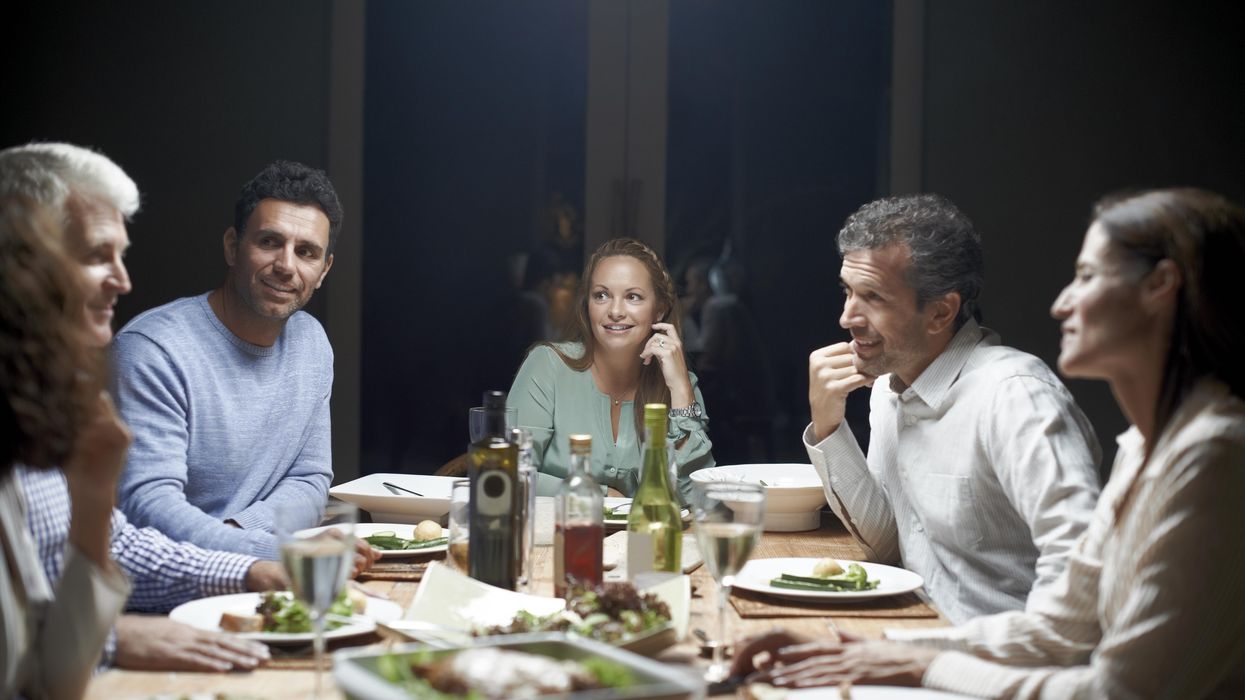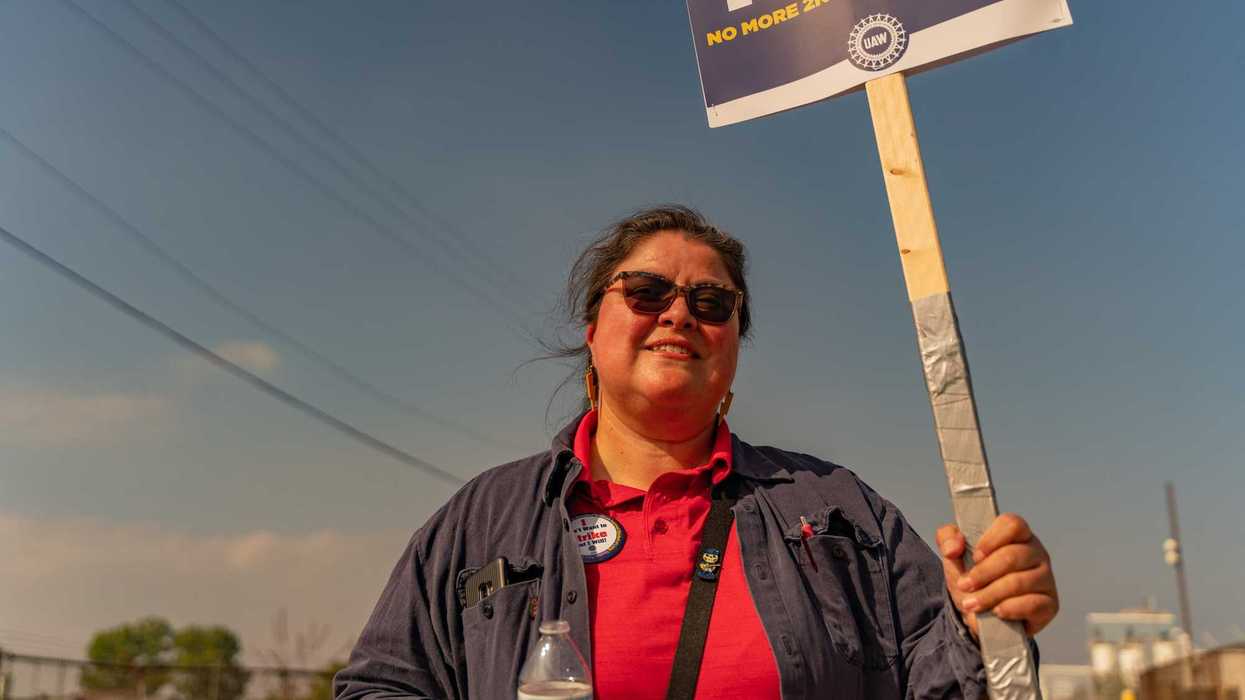For centuries, people have used the phrase “breaking bread” to mean much more than just sharing a meal. It indicates a deeper connection, a bond that unites people around a common community. But what happens when we only break bread with those who reflect our own beliefs and backgrounds?
According to new polling, only half of Americans have had a meal with Democrats or Republicans over the past six months, and less than half have shared a meal with someone representing a racial minority. If the Ipsos/Axios poll is any indication, there is a common line between personal interactions and a sense of commonalities.
Three-quarters of respondents said they have “a lot” or “some” in common with white people, matching the 77 percent who said they have had a meal with a white person in the past six months.
But the numbers dropped off when the pollsters asked about minorities.
Forty-seven percent of people have had a meal with a Black person in the past six months and 55 percent said they have “a lot” or “some” in common with Black people. The numbers were even lower for Hispanic people (42 percent a shared meal/47 percent something in common) and Asian people (29/43).
The country appears to be evenly split when it comes to members of political parties, with less than half saying they have something in common with Democrats and the same for Republicans (and one quarter saying they have “nothing” in common in both cases).
Exactly 50 percent said they have shared a meal with a Democrat in the past six months, with the same percentage for Republicans.
According to the data, politics seems to create a wider chasm than race and religion.
Nearly half (46 percent) agreed with the statement, “People with opposing political views don’t share my values.” Just 39 percent disagreed.
However, when asked the same question but about people with different racial or religious backgrounds, just 26 percent agreed they do not share the same values and 60 percent disagreed.
Ipsos also asked people how confident they are that Americans will sort out differences over the next five years, and the answers were discouraging, with just 25 percent confident and 63 percent not confident.
The survey was conducted May 9-10 of 1,005 adults and had a margin of error of 3.8 percent.




















Why does the Trump family always get a pass?